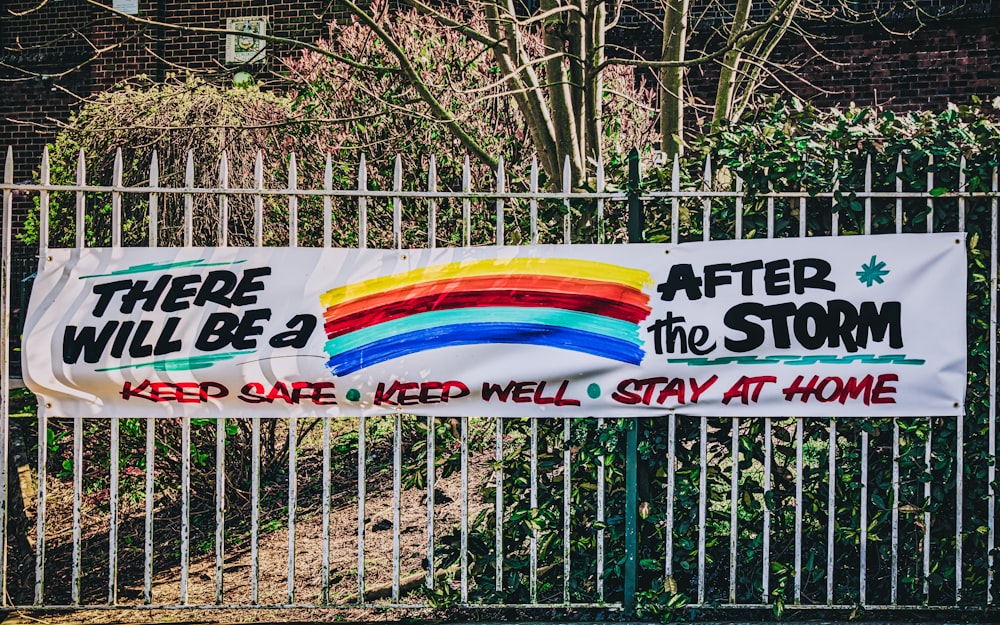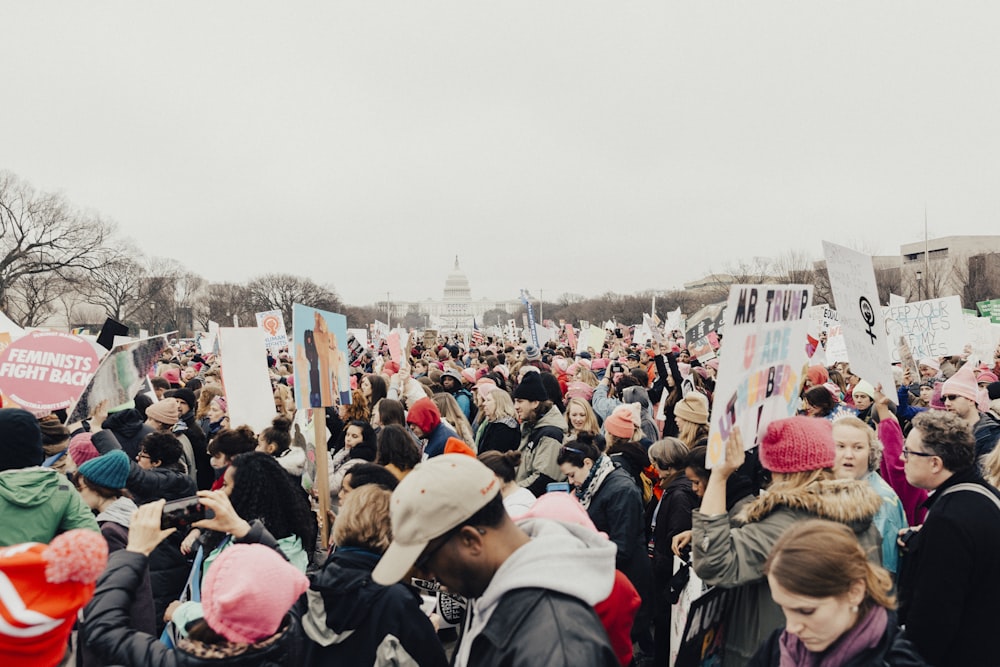Within the space of a couple of weeks, life as we have known it has changed. The arrival of COVID-19 has become the biggest global emergency since the Second World War and brought with it more suffering than we ever could have imagined.
Mother nature has spoken and has given us all a well-needed reality check— a reminder of WHAT and WHO is important, and how fragile and precious life is.
The first reminder is that we are all one and the same. No matter what false idea of superiority the Western world functions on, a virus does not regard borders, race, ethnicity, social status, religion or gender. Privilege does not grant us immunity. However, in the same way, it is this privilege that grants us access to adequate health care, sanitisation products and a safe home to shelter in.
While researching for this post, I came across a blog post on the MSF (Medecins Sans Frontiers) website that I have linked here. It is a moving piece that outlines the reality of coronavirus for developing countries where health-care systems like the NHS are unheard of, war and conflict are a reality of daily existence and where social distancing is essentially impossible due to overcrowded housing and slums.
Death from disease due to inadequate health care is common in developing countries. As we know, Ebola is a highly infectious virus that kills up to 90% of those who catch it and has killed thousands, primarily in Africa, over the past 40 years. The latest outbreak in Congo was just last year and continues to this day. However, this has gone relatively unreported in Western media and there remains no specific cure or treatment yet.
There is now an urgent appeal from governments to medical workers and scientists across the globe to find a form of treatment and vaccines for coronavirus- rightly so. However, while this is key to saving the lives of many, it proves that governments can act decisively when they need to. I cannot help but question why the same effort has not been implemented for diseases such as Ebola that have wiped out entire families in Africa and other developing countries? We are all now experiencing the fear and worries already felt by so many in our own society and across the globe. My hope is that, once this is all over, governments, leaders and policy makers realise that they need to collaborate on a global scale to prevent and tackle health crises that affect the developing world every day.
Coronavirus has reminded us that we are all one and the same. But it has also further highlighted the inhumane divide of privilege that exists between the developed world and its neighbours.
While researching for this post, I came across a blog post on the MSF (Medecins Sans Frontiers) website that I have linked here. It is a moving piece that outlines the reality of coronavirus for developing countries where health-care systems like the NHS are unheard of, war and conflict are a reality of daily existence and where social distancing is essentially impossible due to overcrowded housing and slums.
Death from disease due to inadequate health care is common in developing countries. As we know, Ebola is a highly infectious virus that kills up to 90% of those who catch it and has killed thousands, primarily in Africa, over the past 40 years. The latest outbreak in Congo was just last year and continues to this day. However, this has gone relatively unreported in Western media and there remains no specific cure or treatment yet.
There is now an urgent appeal from governments to medical workers and scientists across the globe to find a form of treatment and vaccines for coronavirus- rightly so. However, while this is key to saving the lives of many, it proves that governments can act decisively when they need to. I cannot help but question why the same effort has not been implemented for diseases such as Ebola that have wiped out entire families in Africa and other developing countries? We are all now experiencing the fear and worries already felt by so many in our own society and across the globe. My hope is that, once this is all over, governments, leaders and policy makers realise that they need to collaborate on a global scale to prevent and tackle health crises that affect the developing world every day.
"I hope COVID-19 not only teaches us to wash our hands but makes governments understand that healthcare must be for all."- Jonathan Whittal, MSF Director of Analysis.
Coronavirus has reminded us that we are all one and the same. But it has also further highlighted the inhumane divide of privilege that exists between the developed world and its neighbours.
The second reminder is a more positive one, and that is of the importance of loved ones.
Social distancing and semi-lockdown have brought the country to a standstill; forcing us all into our homes and to inevitably slowdown from the fast-paced nature of life. With the constant demands of work, university studies and everyday life, we often forget to make time for those who matter most to us.
I am not saying that before all of this we did not appreciate our loved ones, however, there is something special about how I have seen families unite in this time of crisis. My social media timeline is not only filled with people spending quality time with their loved ones but also devoting time to themselves, doing things that their busy schedules would not normally allow them to do. I know that I have spoken to my grandparents more in the last couple of weeks than I would have the rest of the year and that is something I will continue to do once life returns to normal. Perhaps, we should all make a conscious effort to maintain these habits when we return to our usual routines. Whether that be going on a family bike ride, going for lunch with our grandparents or simply taking the time to sit and reflect on life and what is important to us…
The third reminder is of the immeasurable value of essential workers- those in society who long before this virus dedicated their everyday lives to helping others and who went under appreciated by governments and people. It is the nurses, doctors, public health workers, care givers, social workers, supermarket workers and teachers who are carrying us all through this scary time. And sadly, it is these individuals who are least paid and have been subject to government cuts over the last couple of years.

In the last couple of weeks, there has been more government appraisal and support of the NHS than ever before. And while it is good that their vital work is finally being recognised and supported, it is sad that it is under these heartbreaking circumstances that this is the case…my only hope is that, once this is all over, their value is remembered and duly rewarded.

In the last couple of weeks, there has been more government appraisal and support of the NHS than ever before. And while it is good that their vital work is finally being recognised and supported, it is sad that it is under these heartbreaking circumstances that this is the case…my only hope is that, once this is all over, their value is remembered and duly rewarded.

So that is my humble opinion on what we can learn from this unprecedented time of our lives. I remain positive that we can emerge from this pandemic stronger as a global community, appreciative of our essential workers and think about what we can do to close the inequality gap that exists between us and those who, through a cruel twist of fate, are not as privileged. Hopefully our governments and leaders will do the same...
Stay indoors, stay positive and remember that it’s okay not to have it all together in this scary time.






